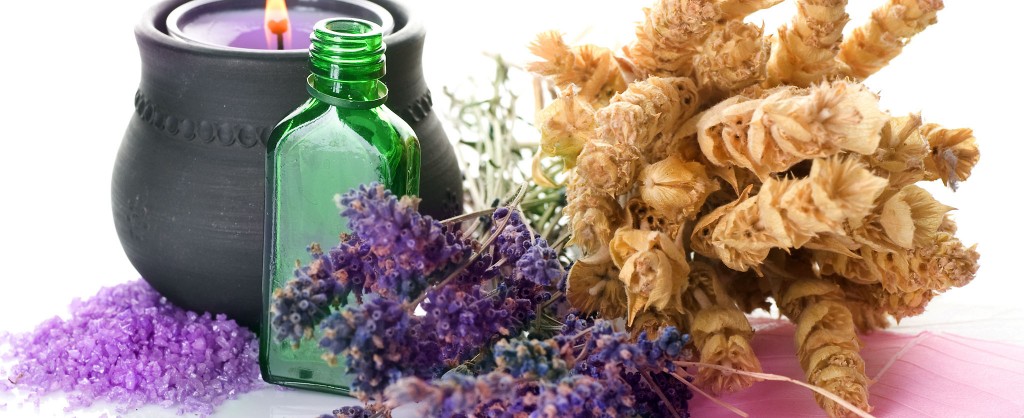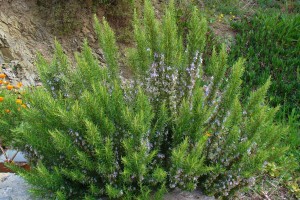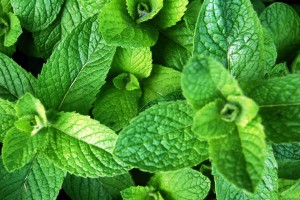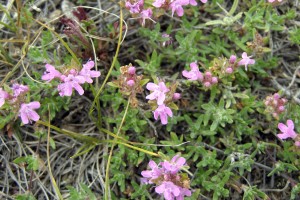In Cyprus, there is a large variety of herbs and plants that natively grow here. In fact, it’s not impossible to imagine how much useful plants are harbored and grow out of the earth itself on this small Mediterranean island. Here are just some of the plants, which help us solve health problems and even cheer us up.
1. Mosfilo Flowers. They can lower blood cholesterol levels, help with heart disease, have sedative effects, tone and improve the body’s energy, strengthen our memory and help reduce blood pressure.
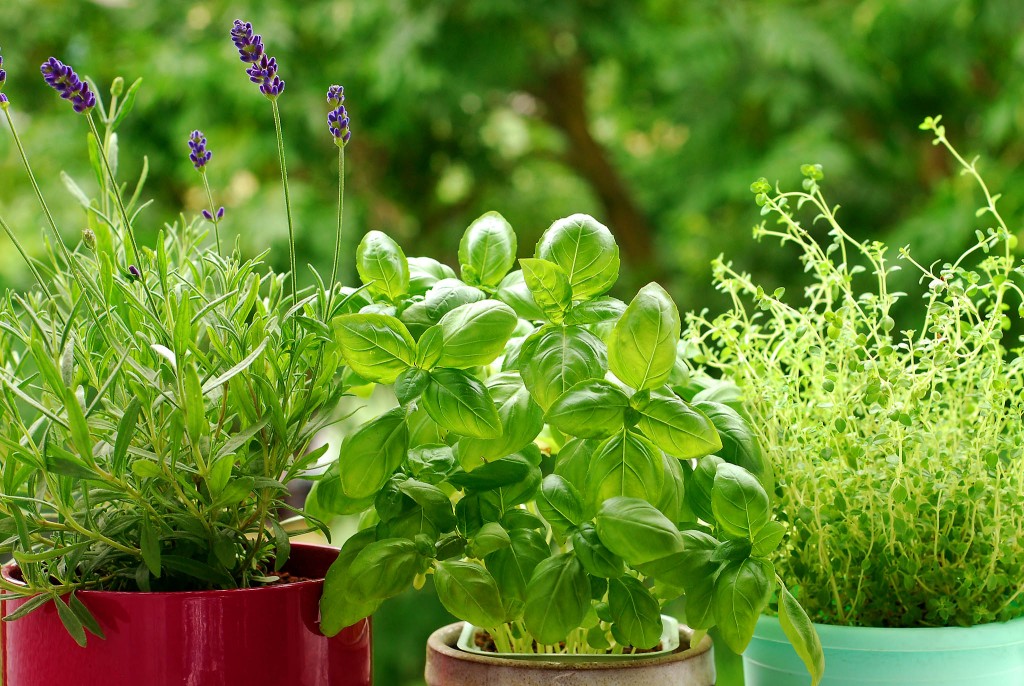
3. Bay leaves. The leaves are used to relieve insomnia and stress, useful to improve digestion and increase appetite, have astringent, diuretic propeprties and reduce diarrhea. In order to relieve a sore throat and infections in the mouth it can be made into a gargle decoction from the leaves. By imposing packs with water, in which bay leaves have been boiled, an abscess can be removed. It helps people with the problem of hair loss and with dull hair, and is also useful for hair, which have begun to turn gray. For this purpose, a cold decoction of bay leaves can be applied to the hair. They are used in cooking as well.
4. Rosemary. It is a diuretic and antirheumatic agent and also useful for detoxifying the body; it stimulates the cardiovascular system, it is used to raise blood pressure, helps with colds, asthma, insomnia and stimulates brain activity. It is also used in cooking.
5. Dittany (Cretan oregano). The herb has an antiseptic effect, heals wounds, can be used as a tonic, it has a calming effect in digestive disorders.
6. Mint. Mint leaves are widely used in cooking and in various medicinal teas. They are powerful natural aphrodisiacs, help in ulcerative colitis, migraines, with digestive problems. It stimulates the nervous system, relieves anxiety, tension, hysterical state. Used to relieve headaches, colds, sinusitis, help to improve memory and concentration. It has an antiseptic effect, used for treating bloating, and helps fight diarrhea.
7. Elder. The plant has a diaphoretic, antirheumatic, antispasmodic influence, is used to relieve colds and as an eyewash.
8. Thyme. This herb is a natural antibiotic, used to eliminate respiratory infections and infections of the digestive system, is ideal for the treatment of cough, colds, bronchitis and asthma. It stimulates the heart and nervous system and brain activity. It has an astringent effect in children’s diarrhea, and enuresis. It is also used in cooking.
9. Calendula. Marigold flowers have an anti-inflammatory action, promote the healing of wounds, have an antiseptic effect, have a softening effect, help with peptic ulcer disease, help in the treatment of diseases of the gastrointestinal tract. It is also used in cooking (sometimes calendula is called the saffron for the poor).
11. Geranium. It is rich in vitamins A and C, used in the manufacture of spirits, promotes indoor air sterilization from germs and viruses, and the smell is useful to calm the nerves, it helps stop bleeding. It also helps to treat cardiovascular disease, lowers high blood pressure and cholesterol levels, contributes to the treatment of diabetes, coughs, flu, laryngitis (especially in children), helps with diseases of the digestive system, combats diarrhea, used also as a sedative.
12. Stem cherries. It is a diuretic, it helps with kidney stones, helps detoxify the body, is useful in the treatment of infections of the urinary tract and bladder, is a painkiller.
13. Lavender. Known as a tonic, antispasmodic, helps with diarrhea, it has antiseptic and antiasthmatic effects.
14. Lemon Verbena. The plant helps with nausea, indigestion and bloating. It reduces blood cholesterol levels, promotes weight loss.
15. Marjoram. The herb has anti-diabetic and antiemetic effects, is a diuretic, stimulates the appetite, removes gases from the stomach and intestines. It exerts a spasmolytic effect and is used to reduce pain in the colic, it increases the level of white blood cells in the blood and stimulates the resilience of the body against infectious diseases. It is used in cooking as well.
16. Melissa. When drinking 2-3 cups of tea a day it reduces blood pressure. It stimulates the physical and mental state, has a tonic effect on the heart, brain and digestive system. It relieves spasms of the digestive system and gastrointestinal tract, helps with migraines, has antiemetic effects.
17. Oregano. The leaves of oregano (Oregano), in addition to its extensive use in cooking, can be used as a tea for colds, flu, cough and whooping cough. Also oregano leaves are useful as a mouthwash during inflammation. For stress and headaches you can use tea from oregano. It is included in the many medicinal teas.
18. Sidiritis. The plant helps to increase the level of iron in the blood, has a tonic, sedative, diaphoretic effect, helps with colds and influenza, relieves headaches, fevers, and treats bronchitis, helps to cope with phlegm.
19. Sage. Sage has a diuretic, antispasmodic, analgesic, expectorant, sedative effect, it helps in the treatment of hypertensive disease.
20. Rosehip. The hips are rich in vitamins, its infusions have a laxative effect and tone the body.
People’s recipe: for cancer it is recommended to make a decoction of nettles and prickly leaves and drink the tea brewed in this way.
